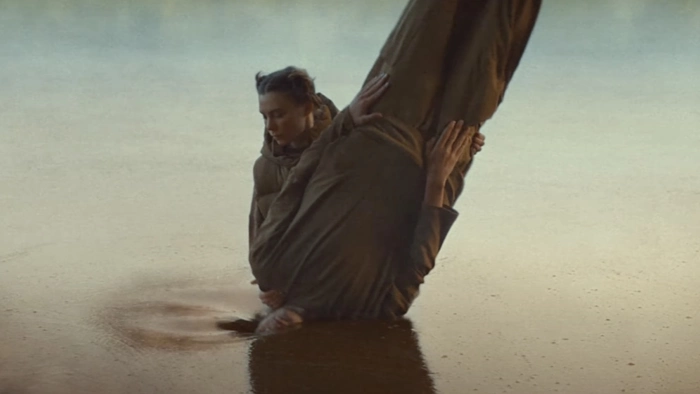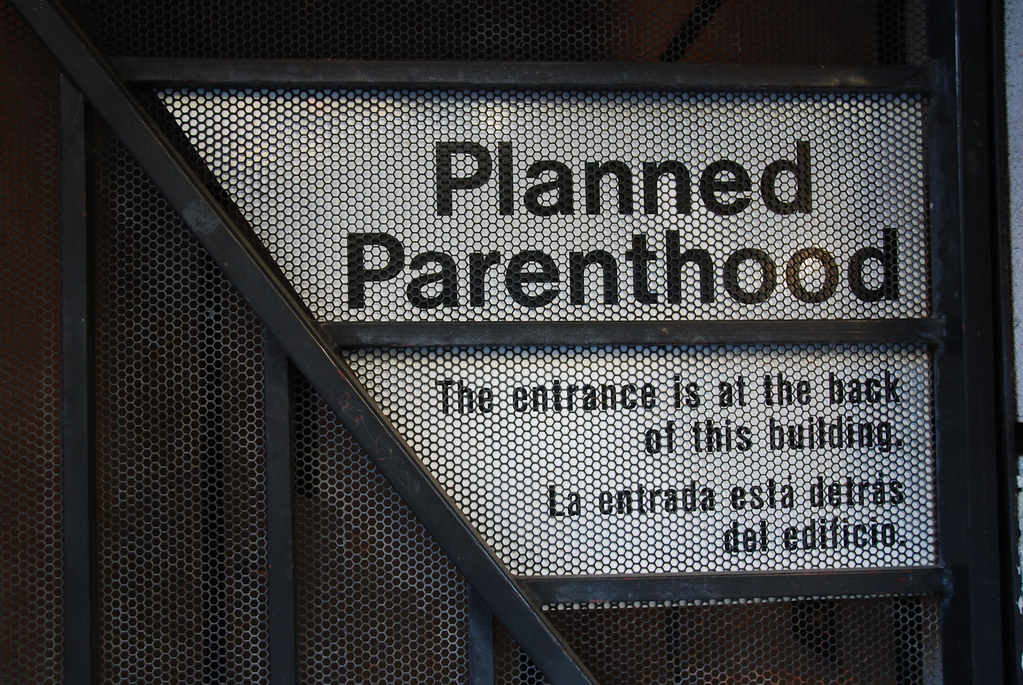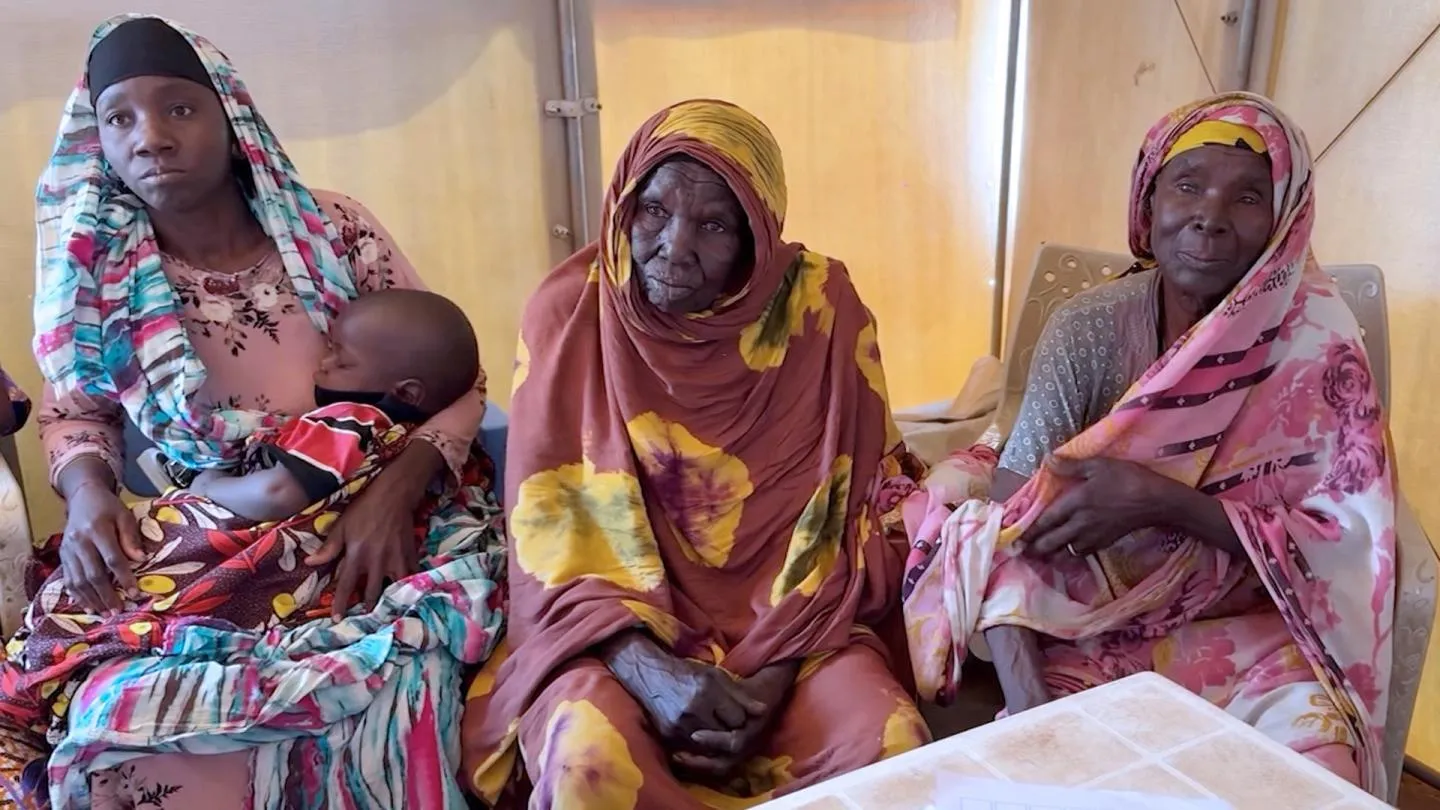In the face of unimaginable adversity, countless families in Sudan are fleeing their war-torn homeland, seeking refuge in neighboring Chad. As violence escalates in Sudan, the humanitarian crisis there has reached alarming proportions, prompting organizations like World Vision to step in and provide essential aid to those escaping this turmoil.
Recent reports estimate that around 14 million people have been displaced since the conflict began nearly two years ago, with over 700,000 fleeing to Chad for safety. Amidst the relentless heat of the Sahara Desert, CBN News recently accompanied a convoy from World Vision, showcasing their critical mission to support the millions affected by this ongoing crisis. Aid workers on the ground detail harrowing stories of survival as they assist refugees facing severe trauma.
Margaret Schuler, the Vice President of World Vision, commented, “I’ve been to a number of refugee situations around the world, this is one of the worst I’ve seen.” Such sentiments echo through the camps, which are filled with heartbreaking accounts of loss and despair. Many refugees arrive with nothing more than a small sack containing their few remaining belongings, stripped of their homes and hopes.
At the border, UNHCR worker Mohammad Abahkar provides an eye-opening glimpse into the despair faced by many. “When I talk with them, some of them tell me that their husbands were killed… They don’t even have food to eat,” he shared, highlighting the dire conditions facing women and children as they arrive in Chad.
Among these refugees is Mariam Ahmed Ishaq, who recounted her harrowing escape, stating, “I lost all my belongings, all my clothes…the fire put to my house destroyed everything.” For many like her, the loss is overwhelming, compounded by the absence of loved ones whose fates remain unknown.
The stories coming out of Sudan reveal not just loss, but deep-seated trauma with more than 60,000 lives lost so far. Maha, another refugee, shared her experience, explaining that RSF troops executed brutal acts in front of civilians. “I didn’t think I would survive,” she relayed, illustrating the grim reality so many endure.
The rising number of casualties is coupled with devastating statistics; a UN report indicates that more than 200 children experienced rape in the last year of the conflict, presenting a horrifying reality for the most vulnerable among the displaced. Tess Ingram from UNICEF emphasized that this violence is being weaponized in a cruel manner that leaves no children or women safe.
In the midst of despair, organizations like World Vision are still making strides to help. They serve hot meals to approximately 70,000 young refugees daily, ensuring that these children receive the nutrition essential for their survival. Edouard Ngoy, who heads World Vision’s office in Chad, elaborated on their mission: “It is our duty to take care of the weakest among us.”
With simple meals prepared at makeshift schools, children find a reason to attend classes, as each meal acts as a lifeline. Abdul Rashid, the principal at one such school, noted that these food programs have significantly boosted attendance rates, proving to be a crucial incentive in keeping children engaged in education.
In addition to food, World Vision is also addressing fundamental needs such as clean water. The organization recently completed a borehole project, which is critical for local health facilities. Dr. Albachir Mahamat, who runs a health center in Farchana, expressed the vital importance of access to water, emphasizing that “without that water at the clinic…women coming to deliver their babies” would face insurmountable hurdles.
Through their perseverance and tenacity, the families displaced by Sudan’s conflict continue to find glimmers of hope amid the chaos. Their stories of resilience remind us of the profound human spirit in the face of despair. Yet as these individuals struggle to navigate their new reality, the need for continued support and aid remains paramount.






Leave a Reply